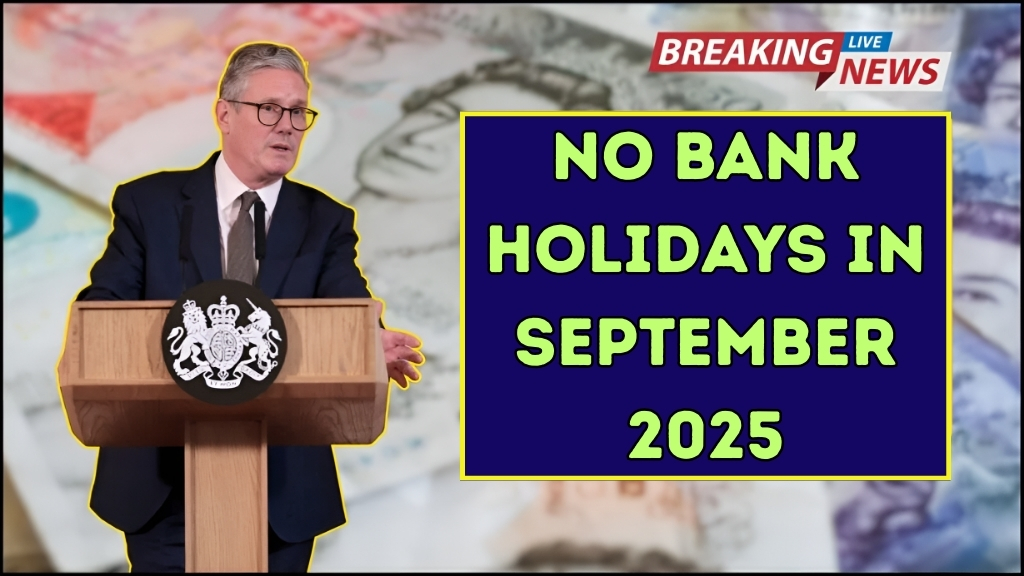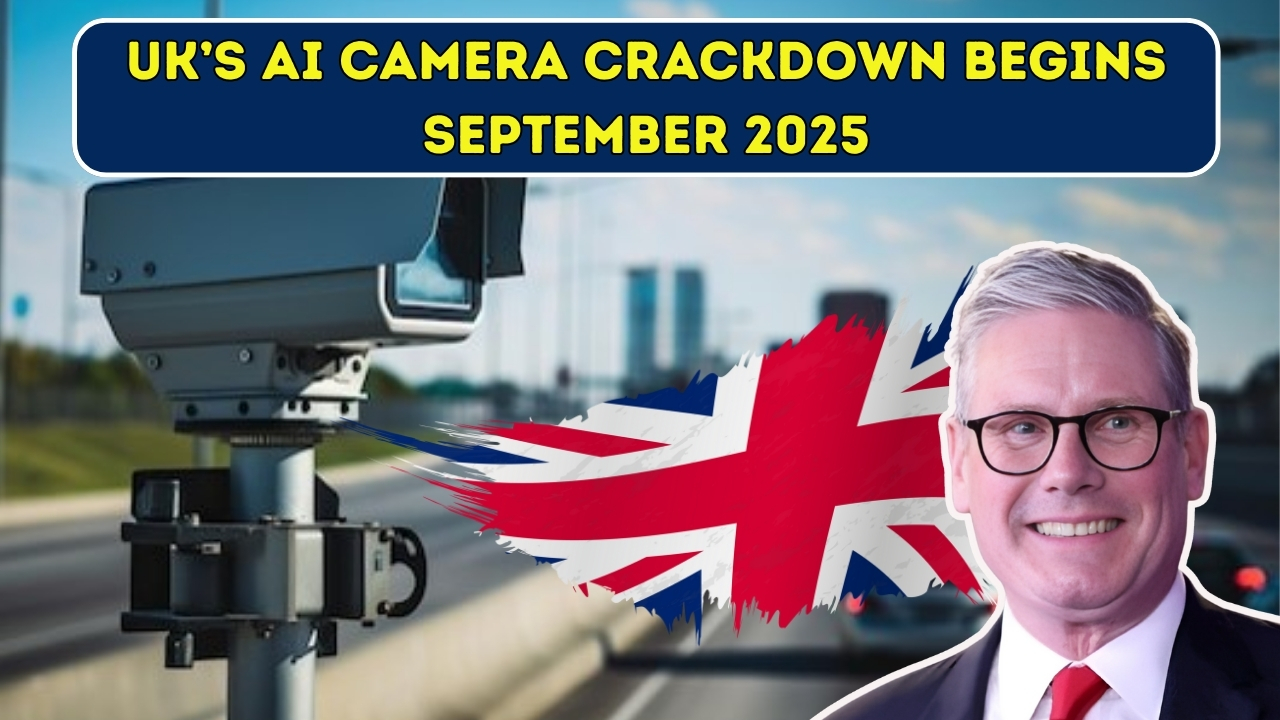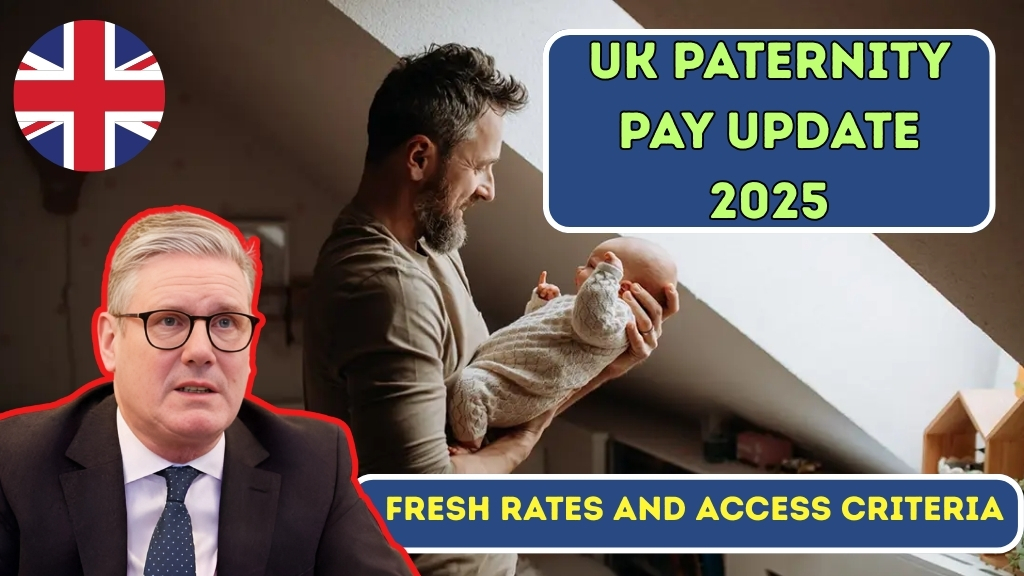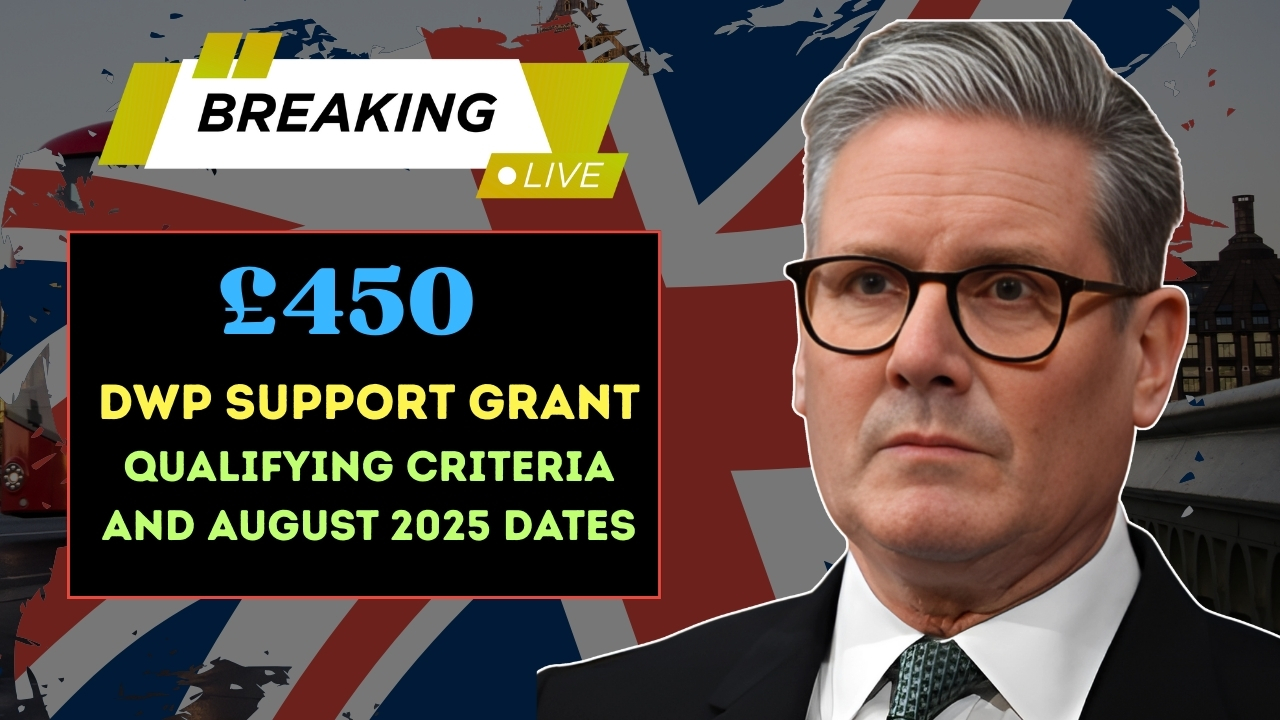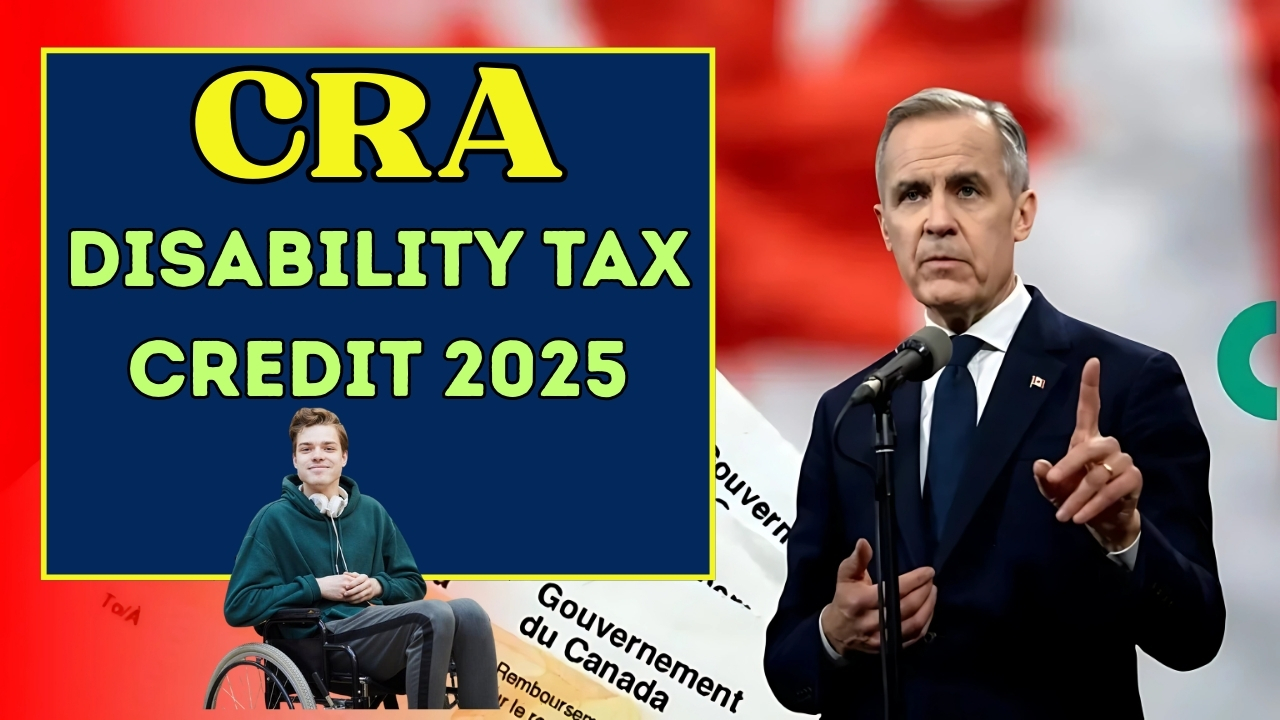Uninterrupted Benefit Payment Schedule
The folks at the Department for Work and Pensions (DWP) have confirmed that every single benefit—big and small—will arrive on the exact day you expect, no banking extra shifts necessary. That cuts out the need to shift your budget to the start of the month or to put the car key on the shelf in case of a sudden delay.
The steady game plan covers all the key payments:
Universal Credit
State pension
Pension Credit
Child Benefit
Disability Living Allowance
Personal Independence Payment (PIP)
Attendance Allowance
Carer’s Allowance
Employment Support Allowance
Income Support
Jobseeker’s Allowance
If you get more than one of those, the money still hits on the regular day, so you can plan on one steady routine for the month.
Universal Credit Migration Timeline
September 2025 is a key month in the organisation’s plan to combine lots of older benefits into a single Universal Credit system.
With the January 2026 deadline to finish moving all legacy benefits, everyone on tax credits, income support, jobseeker’s allowance, or housing benefit should have already received a migration notice.
Those who still need to transfer should get ready to act over the next few months. The migration won’t happen automatically; you need to check letters or texts from the DWP and respond quickly, or you might miss out on your next payment.
Recent Benefit Increases and Financial Support
In April 2025, all working-age benefits went up by 1.7%, the same as the September 2024 inflation figure. This rise covers Universal Credit, PIP, Disability Living Allowance, and Carer’s Allowance.
Pensioners, meanwhile, saw a bigger boost; the state pension increased by 4.1% under the triple-lock rule, giving an extra £472 a year. This uplift shows the government’s pledge to shield pension incomes from rising prices.
Additional Support Measures Available
Helping hand measures are still in place and will beyond September. The Household Support Fund is open through local councils right up to March 2026, giving extra help with essentials like food, gas, and electricity bills.
This nationwide program is proving to be a vital lend-a-hand for families who need a quick boost to their budgets right now.
Parents who work and have kids under the age of five stand to benefit the most, as free childcare hours have now opened up to babies as young as nine months old. Ths means fewer daycare bills and more cash left over at the end of the month for groceries and bills.
If paying the council tax feels like a mountain to climb, head to the local council’s website. Depending on circumstances, some families can have nearly the whole tax wiped off, even up to a whopping 100% discount.
What’s Changing Ahead
Starting in April 2026, families on Universal Credit will see a boost of at least 2.3% on their payments, with monthly hikes planned right up to 2029. The catch? New claims will now receive a much smaller payment for the health part of the credit—dropping from £105 to £50 a month. That £50 will stay at the same low level for years, so the time to act is now.
Those who think they may need the help should fill out their forms as quickly as they can. Doing so now locks in the higher payment and lets families plan for the rocky months ahead.
September’s regular payments will be the same, giving families a pause to catch their breath and line up the extra help they need.
ALSO READ : Canada’s $3,555 Widow Pension Program: What You Need to Know
